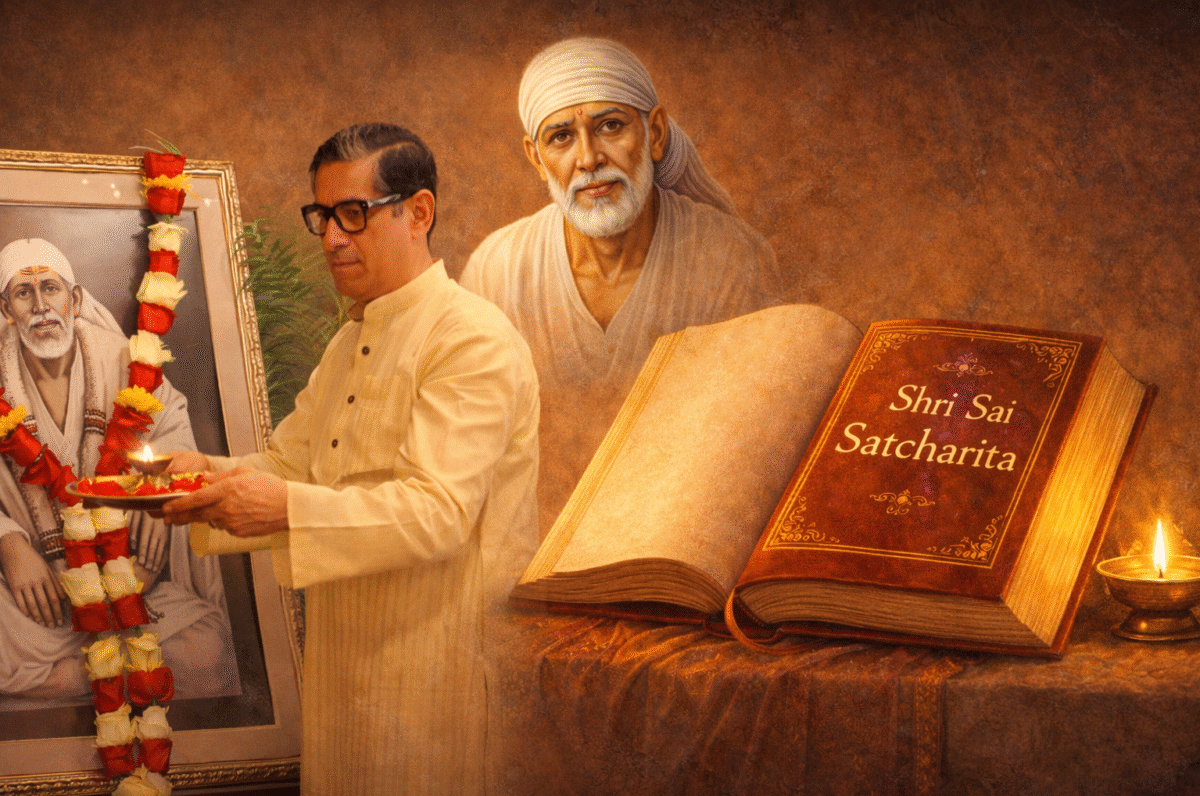Is it possible for a householder to control his desires?

A householder needs to regularly contemplate whether he or she is on the right path and does it leads towards God-realization? Often many such questions arise in the mind of a householder: Will it be beneficial for me to visit a saint? Will he be able to guide me towards my goal? How can I meticulously discharge my duties towards my family? How to negotiate the impediments during the journey of life? How to manage the effect of day-to-day experiences on Self-Esteem? etc. One can himself find answers to such questions if he can arouse and activate his “Atma Shakti” (the energy associated with reaching the spiritual, inner self and unity with the universe). There is nothing wrong in being a householder. The world won’t prosper if everyone turns into a mendicant. As quoted in Shri Guru Bhagavat:
ଗୃହସ୍ଥ ହେବା କି ଅଧର୍ମ | ସାଧୁ ହେବା କି ସର୍ବୋତ୍ତମ ||
ସାଧୁ ଯଦି ହେବେ ସଭିଏଁ | ଧରାର କି କଲ୍ୟାଣ ହୁଏ ||
Gruhastha hebaa ki Adharma | Sadhu hebaa ki Sarbottama ||
Sadhu jadi hebe sabhien | Dharaa ra ki Kalyana huae ||
(Vol. 5, Verse: 39, Page:140)
One starts a family with the dream of a perfect family. A householder has myriad desires such as: to become wealthy and powerful, having a son (who would rescue from the hell named “Put”), growth in one’s profession, to please God and earn merits for next life, Increase in crop yields, get the daughter married with little effort and expense, etc. Add to this list are the desires of advancing years: children should take good care of me, children should visit me frequently even if they don’t stay with me, to become free of debt, the prosperity of grand children, and finally a healthy and peaceful death. A householder treads life’s journey to fulfill such dreams.
Many have huge expectations from the society. They believe the world didn’t recognize their talent and they received very little appreciation for their effort. Some desires of man are beyond this life: to be respected and remembered after death, to be part of history and erection of domes and monuments in one’s honor, etc. It’s true that one’s desires never end. The basic cause of suffering is the attachment to the desire to have (craving). Hence, it is aptly quoted in Shri Guru Bhagavat that:
ମଣିଷର ଯେ ଏଇ ସ୍ୱଭାବ | ମନରେ ସୃଜଇ ଅଭାବ ||
ଏପରି ଆଶା କରି କରି | ଜୀବନକୁ ଦିଅଇ ସାରି ||
MaNisha ra je Aae Swabhaba | Manare Srujaee Abhaba ||
Aepari Asha Kari Kari | Jeebanaku diaee saari ||
(Vol. 5, Verse: 58, Page:143)
There is nothing unusual for a householder to aspire for name, fame, wealth, and power. More or less It is the same in all ages. Every individual is attached to his desires and incur pain for some wants and shortcomings in life. Whosoever is an exception is not an ordinary person. He could either be a mendicant, or a saint, or an insane who is indifferent towards his well-being.
Source: Shri Guru Bhagavat Prashnottari (compiled by Shri Sai International School, Bhubaneswar in Odia language)
